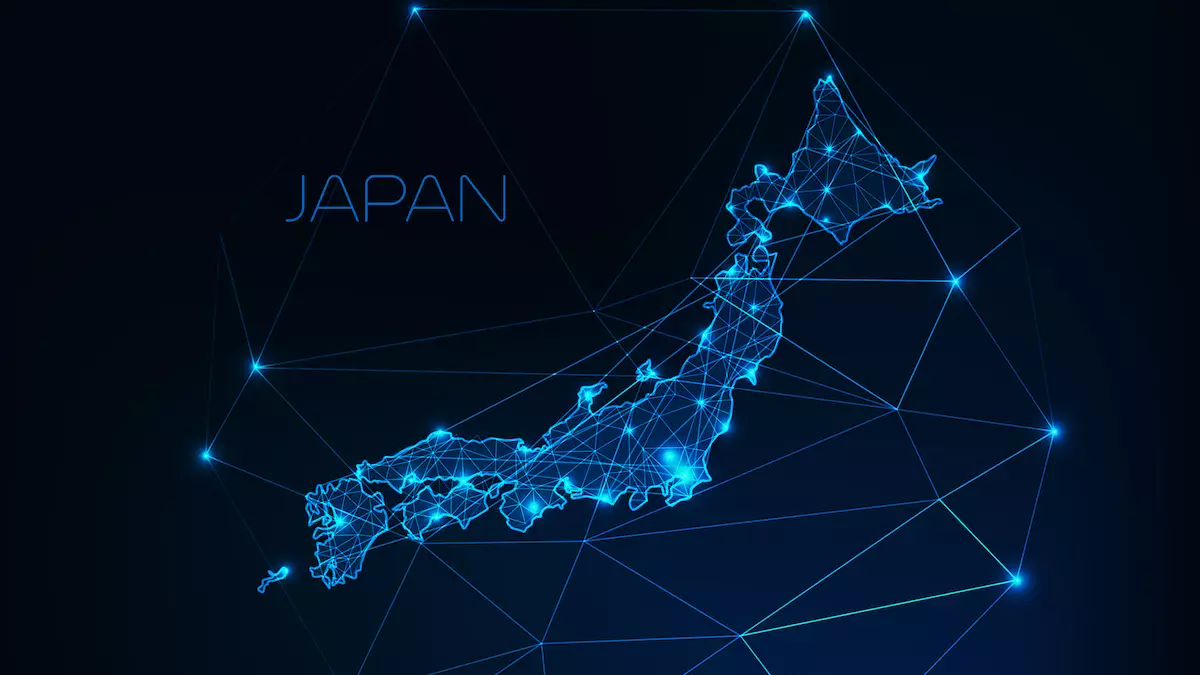Japan’s Minister of Economy, Trade, and Industry, Takeru Saito, recently unveiled tax reforms aimed at fostering the growth of startups in the Web3 and blockchain sectors. This announcement came during the WebX Conference, Tokyo’s premier event dedicated to cryptocurrencies, underscoring Japan’s support for Web3 innovation. The proposed reforms are part of the Japanese government’s broader strategy to create a conducive environment for innovation, attract international businesses and developers, and position Japan as a leading global hub for Web3 advancements. Prime Minister Fumio Kishida views the integration of Web3 and blockchain technologies as essential components of Japan’s economic and social development strategies, which he refers to as “new capitalism.”
Prime Minister Kishida’s cabinet has outlined a comprehensive Web3 strategy that goes beyond economic measures to include various initiatives aimed at enhancing the infrastructure necessary for Web3-related tokens to operate in Japan effectively. Moreover, the government is streamlining payment processes involving Web3 technologies to spur innovation across multiple sectors. At the WebX conference, Prime Minister Kishida emphasized that Web3 and blockchain technologies are pivotal for addressing social issues, suggesting that Japan seeks to leverage these technologies for purposes beyond just economic growth. Notably, Japan’s embrace of Web3 extends to addressing crucial social challenges, particularly in rural areas.
The Neo-Yamakoshi Project: A Case Study
A concrete example of Japan’s innovative use of Web3 and blockchain technologies is the Neo-Yamakoshi project in Niigata. This project demonstrates how blockchain and non-fungible tokens (NFTs) can revitalize communities grappling with demographic decline and economic stagnation. Launched in 2021, the Neo-Yamakoshi Village project introduced the Nishikigoi NFT collection, inspired by vibrant koi fish. The Nishikigoi function as digital identifiers and governance tokens for the residents of the project. With nearly 1,700 digital citizens onboard and over $423,000 raised to support local development, the project showcases the power of Web3 technologies in empowering communities and fostering grassroots governance.
Japan’s proactive stance on Web3 and blockchain technology stands in stark contrast to the regulatory outlook in the United States. While Japan is actively creating an innovation-friendly environment and leveraging blockchain solutions to address social issues, the U.S. appears to be taking a more cautious and protective approach. The recent regulatory action by the U.S. Securities and Exchange Commission (SEC) targeting Opensea, a prominent NFT marketplace, exemplifies this difference. Japan’s receptiveness to new technologies and willingness to explore their potential benefits set it apart from countries grappling with regulatory challenges stemming from Web3 innovations.
Japan’s Positioning in the Global Web3 Landscape
By championing the Web3 revolution through tax reforms and infrastructure development, Japan is solidifying its position as a frontrunner in the global Web3 ecosystem. The divergence between Japan’s open embrace of Web3 and the U.S.’s cautious approach may emerge as a defining feature of how each country navigates the evolving landscape of blockchain and digital assets. Japan’s commitment to innovation, coupled with its strategic approach to Web3 technologies, underscores its potential to emerge as a key player in shaping the future of decentralized technologies.
Japan’s visionary initiatives in Web3 and blockchain innovation highlight the country’s proactive approach to fostering technological advancement and addressing societal challenges. As Japan continues to position itself as a leader in the global Web3 landscape, its commitment to innovation and strategic investments in emerging technologies set a compelling example for other nations to emulate.














